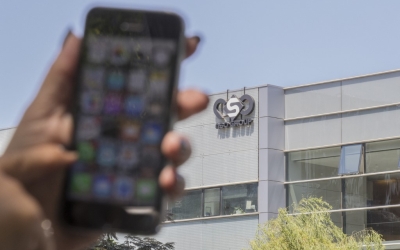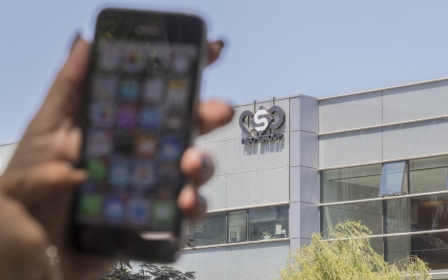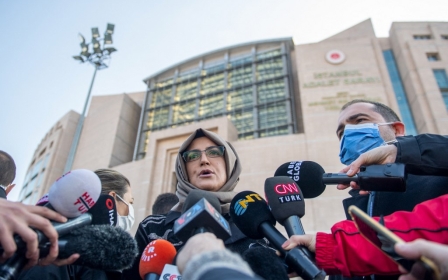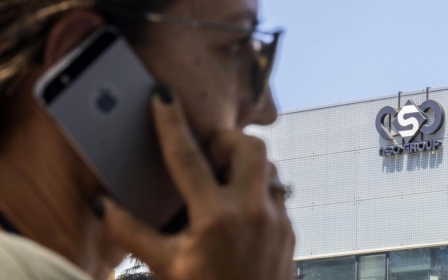Pegasus: France opens probe into alleged hacking of journalists
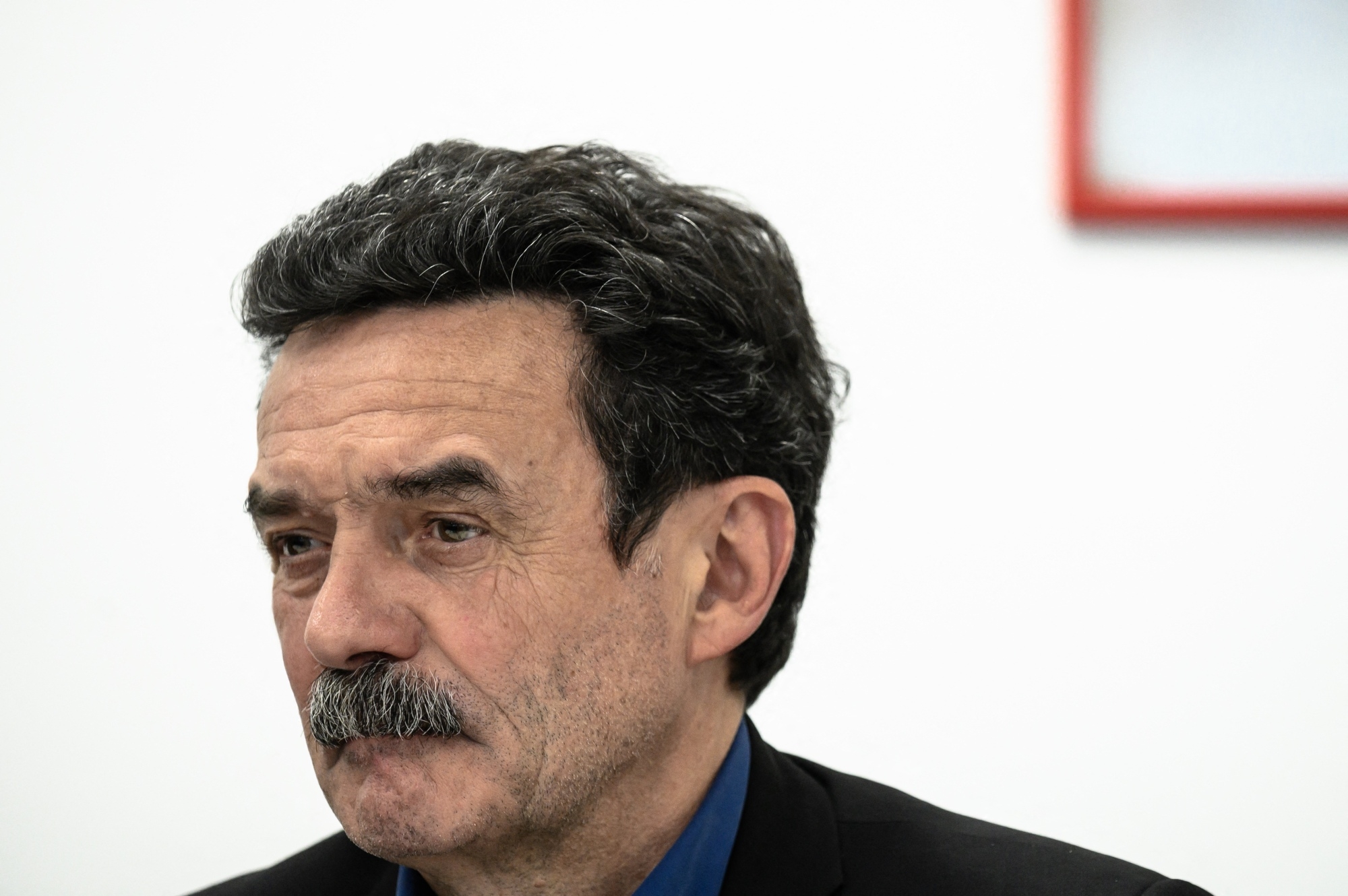
Prosecutors in France said on Tuesday that they had opened a probe into allegations that Morocco’s intelligence services used Israeli malware Pegasus to spy on several French journalists.
The investigation will examine 10 different charges, including whether there was a breach of personal privacy, fraudulent access to personal electronic devices and criminal association.
French investigative website Mediapart filed a legal complaint on Monday, and investigative newspaper Le Canard Enchaine is set to follow suit over the spying claims, which Morocco has denied.
A collaborative investigation by 17 media outlets worldwide, led by the Paris-based non-profit journalism group Forbidden Stories, claimed Monday that spying worldwide using the malware from Israeli NSO Group had been far more extensive than previously thought.
The investigation revealed a leaked list of 50,000 phone numbers allegedly targeted by spyware sold by NSO to government clients reported to include Saudi Arabia, the UAE, Bahrain and Morocco. Among the heads of state, human rights activists, political opponents, lawyers, diplomats and journalists believed to have been hacked by Pegasus software are murdered Saudi journalist Jamal Khashoggi and fellow Middle East Eye contributors Madawi al-Rasheed and Azzam Tamimi.
Mediapart revealed that the phones of its founder Edwy Plenel and one of its journalists were among those targeted by Moroccan intelligence services.
"The only way to get to the bottom of this is for judicial authorities to carry out an independent investigation on widespread spying organised in France by Morocco," Mediapart said on Twitter.
Other journalists working for French media companies were allegedly targeted by Moroccan security services, including employees of Le Monde and AFP.
Morocco denied the claims, saying it "never acquired computer software to infiltrate communication devices".
The Paris prosecutor's statement does not mention Morocco but simply says it has decided to open the probe after receiving the complaint by Mediapart and its reporters.
The Guardian, one of the media outlets involved in the investigation, said the investigation suggested "widespread and continuing abuse" of NSO's hacking software, described as malware that infects smartphones to enable the extraction of messages, photos and emails, record calls and secretly activate microphones.
NSO said its product was intended only for use by vetted government intelligence and law enforcement agencies to fight terrorism and crime. It issued a statement denying the reporting by Forbidden Stories and its partners.
Agnes Callamard, the secretary-general of Amnesty International, said the revelations "blow apart any claims by NSO that such attacks are rare and down to rogue use of their technology.
"While the company claims its spyware is only used for legitimate criminal and terror investigations, it’s clear its technology facilitates systemic abuse. They paint a picture of legitimacy, while profiting from widespread human rights violations," she said.
Middle East Eye propose une couverture et une analyse indépendantes et incomparables du Moyen-Orient, de l’Afrique du Nord et d’autres régions du monde. Pour en savoir plus sur la reprise de ce contenu et les frais qui s’appliquent, veuillez remplir ce formulaire [en anglais]. Pour en savoir plus sur MEE, cliquez ici [en anglais].


